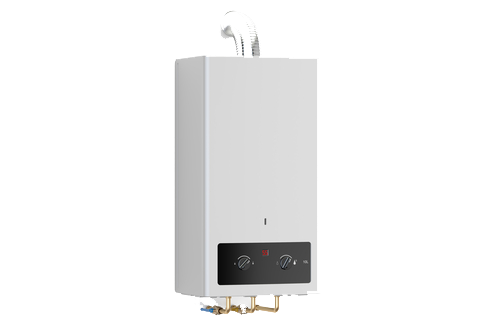Oil to Natural Gas Conversion On Long Island, NY
Homeowners are converting from oil to natural gas for their home heating as oil prices continue to rise. Tragar’s experts can handle every step of your oil conversion.

Long Island Home Cooling & Heating
Tragar Home Services
Tragar Home Services is Long Island’s oil-to-gas conversion specialist. The multi-step process can take several months to complete, depending on permit approvals and whether or not you already have the main gas line installed on your street.
National Grid is currently accepting applications. If needed, the service line goes from the meter to the street’s mainline. If an additional gas line is required, Tragar can install it, along with your new gas heat equipment. We will assign you a home energy expert to walk you through the conversion process and answer any questions.

Tragar’s natural gas heat installation specialists are knowledgeable about Nassau and Suffolk County regulations for fuel tank disposal and other related laws. We have decades of experience managing gas conversions and will use this expertise to make the process as easy as possible. Our installation is warrantied for one year after the conversion, and we offer a full range of gas heat services, including repairs and maintenance.
Natural gas burns cleaner and releases one-third less carbon dioxide compared to coal and half that as oil.
Never worry about running out of oil and heat as natural gas is supplied through underground connections.
Prices for natural gas are generally lower and less volatile than heating oil.
Natural gas is produced domestically, so there's no need to rely on unstable foreign oil.
Since gas lines are buried, the supply is uninterrupted if electricity is lost.
Many appliances are gas-powered, so homeowners can use the fuel for cooking, water heating, and washing clothes.
